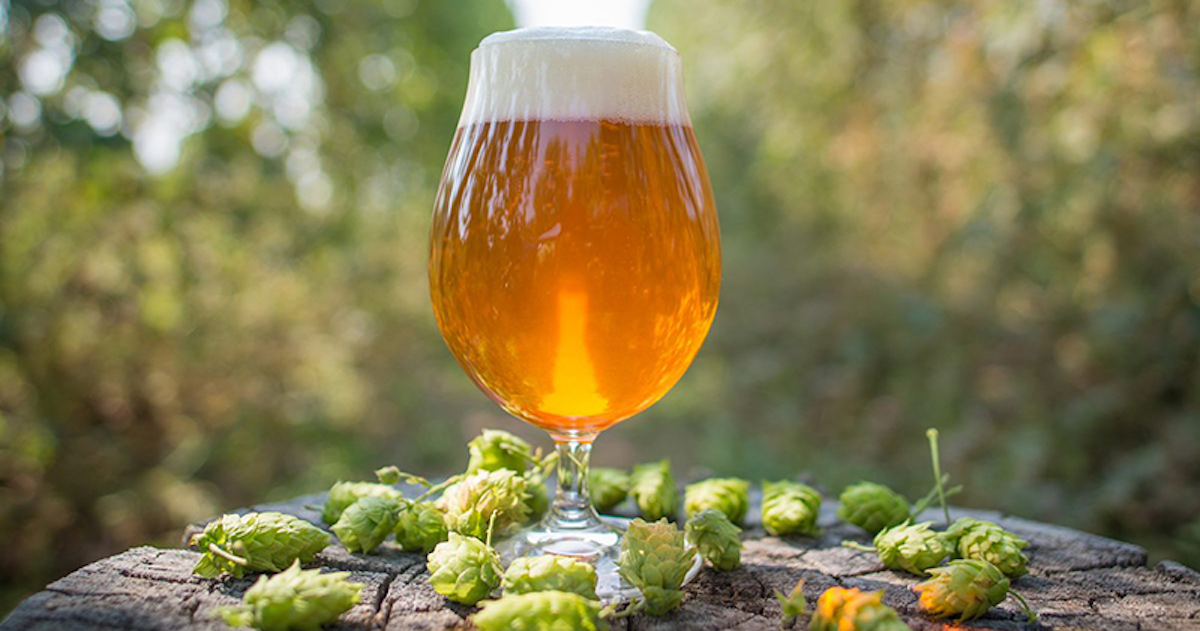With the craft beer scene seemingly endlessly determined to find new hop variants to play with and new ways to introduce them to beers – think mash hopping, first wort hopping, adding hops in the boil, dry hopping, double dry hopping, adding hops during active fermentation, whirlpool hopping, etc – it’s easy for interest in all these techniques to become a little diluted when a new one comes along.
But once we tried our first dip hopped IPA recently, from the fantastic RedWillow Brewery, our attentions have been firmly drawn to this not exactly new but, on these shores anyway, very underused hopping technique. So we’re going to delve a little more into where it came from, how it’s being used and what results brewers are seeing in their beers.
Dip hopping is essentially adding hops at a different time in the brewing process. Hops are steeped in hot water for roughly an hour and then cooled wort is added. This is prior to any yeast being added or fermentation beginning. The hour the hops sit in their almost hop tea state boils off myrcene, a hop oil known for its powerful aroma that can dominate other flavours and aromas in hops. This allows other hop oils to come to the fore and introduce new profiles to well used hops.
The technique was first implemented by the craft arm of Japanese brewing powerhouse, Kirin, called Spring Valley. They used the dip hopping method on several of their beers but little attention was paid at the time mainly down to the fact that the craft beer world was at the same time becoming obsessed with double dry-hopping everything in sight. But in 2012 American brewery, Gigantic Brewing, paid Tokyo a visit and visited Spring Valley where they were blown away by their pale ale “496”. Although hopped with the familiar addition of Apollo it had a wonderful hop character. Once they discovered this was from hop dipping they took the technique back home and began experimenting and it has been slowly spreading across America ever since.
The technique is leading brewers to brew wonderfully aromatic IPAs with interesting new hop characters. If the second half of the last decade was dominated by brewers embracing double dry hopping, there remains the possibility that the future of extracting the desired hop could be dip hopping and we’re excited to see what that has in store.



